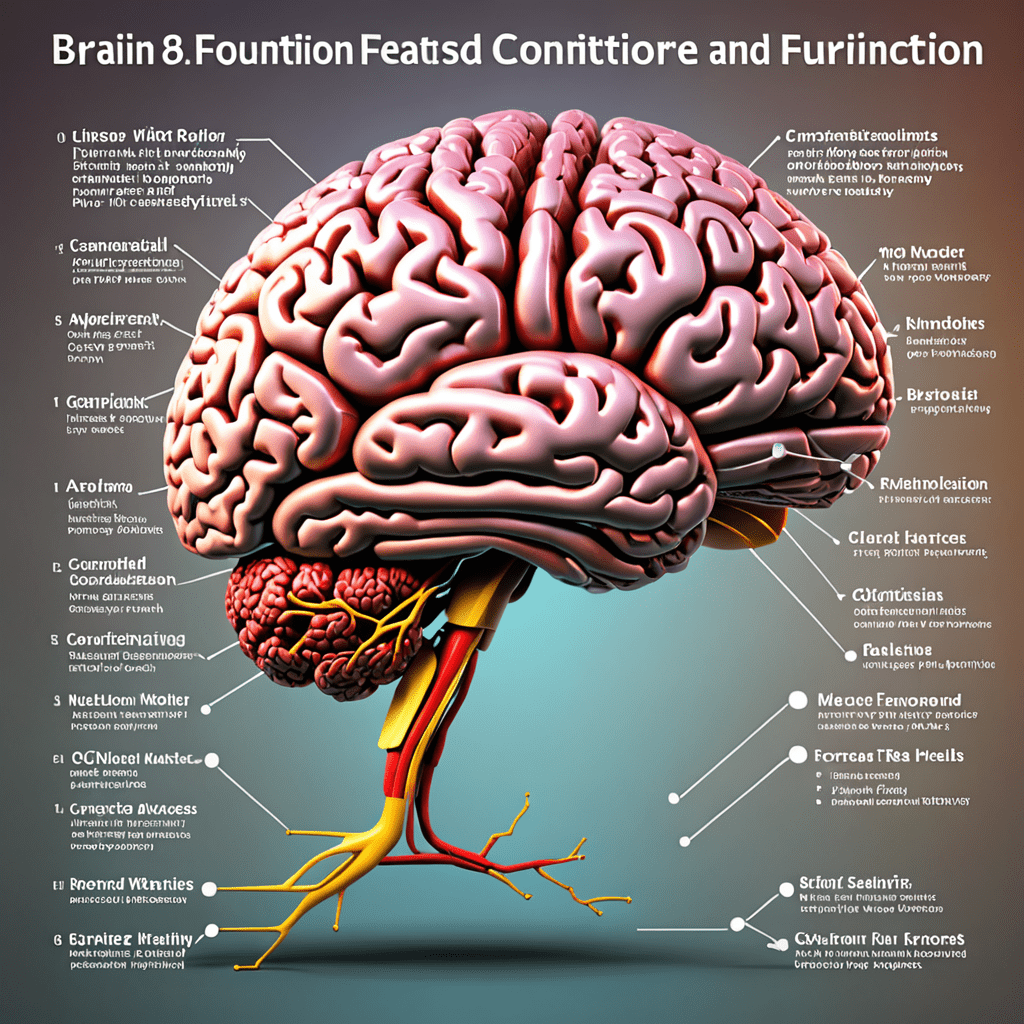Coping with Traumatic Events: Strategies for Healing
Experiencing a traumatic event can leave lasting emotional scars, impacting our mental health and overall well-being. It is essential to acknowledge the effects of such events and seek ways to heal and cope effectively. Here are some strategies to help navigate through the healing process:
1. Acknowledge Your Feelings
It is crucial to recognize and accept your emotions following a traumatic event. Allow yourself to feel and process the range of emotions that may arise, such as sadness, anger, fear, or confusion. Validating your feelings is the first step towards healing.
2. Seek Support
Do not hesitate to reach out to trusted friends, family members, or mental health professionals for support. Talking about your experiences with someone who understands and listens without judgment can provide comfort and help you feel less isolated.
3. Practice Self-Care
Engage in activities that promote self-care and nurture your well-being. This can include exercise, meditation, spending time in nature, pursuing hobbies, or simply taking a break to relax. Prioritizing self-care is essential in the healing process.
4. Establish a Routine
Creating a daily routine can bring a sense of stability and normalcy during challenging times. Setting small, achievable goals and sticking to a schedule can help restore a sense of control and predictability in your life.
5. Consider Therapy
Therapy, whether individual or group sessions, can be instrumental in processing trauma and developing coping mechanisms. A trained therapist can provide guidance, support, and tools to help you navigate through your emotions and experiences effectively.
6. Engage in Relaxation Techniques
Practicing relaxation techniques such as deep breathing, mindfulness, or progressive muscle relaxation can help alleviate feelings of anxiety and stress. These techniques can promote a sense of calmness and relaxation, aiding in the healing process.
7. Focus on Healing, Not Perfection
Remember that healing is a journey, and it is okay to progress at your own pace. Be gentle with yourself and avoid placing unrealistic expectations on your recovery. Embrace the small steps and victories along the way, celebrating your resilience and progress.
By implementing these strategies and allowing yourself the time and space to heal, you can navigate through the aftermath of a traumatic event and move towards a path of healing and recovery. Remember that healing is possible, and you are deserving of support and compassion as you embark on this journey.
FAQs About Coping with Traumatic Events
What are some common reactions to traumatic events?
Common reactions to traumatic events can include shock, disbelief, fear, sadness, anger, guilt, and confusion. Individuals may also experience physical symptoms like headaches, fatigue, or trouble sleeping.
How can I cope with a traumatic event?
To cope with a traumatic event, it’s important to seek support from loved ones, consider talking to a therapist or counselor, practice self-care activities like exercise and meditation, and engage in activities that bring you comfort and peace.
Are there strategies for healing after a traumatic event?
Yes, there are strategies for healing after a traumatic event. These may include seeking professional help, joining a support group, practicing relaxation techniques, journaling, and gradually exposing yourself to reminders of the trauma in a safe and controlled manner.
How long does it take to heal from a traumatic event?
The healing process from a traumatic event varies for each individual and depends on various factors such as the nature of the trauma, the support system available, and previous coping skills. Healing is a personal journey that can take time and patience.


